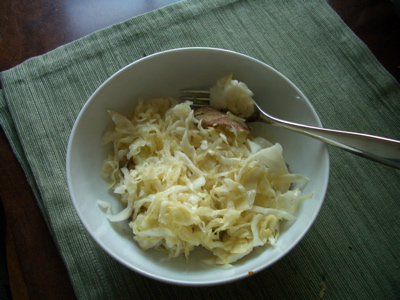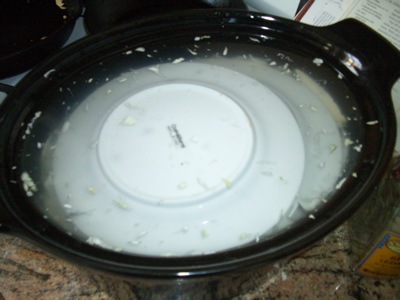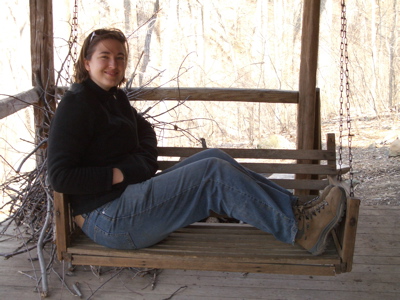As some of you may have gathered, I am a vegetarian. I became one on Thanksgiving day when I was 10 years old because I could not bear the thought of eating an animal, that was the first time I really made the connection.
My parents, with their infinite fortitude, let me decide for myself. Their only stipulations were that I learn the basics of nutrition, and that I learn how to cook for myself so that my choices didn’t add to their workload. I have always admired the fact that they were so open to a child making up her own mind, and allowing me to figure it out myself.
I have throughly enjoyed being a vegetarian, so why am I considering a change? There are a couple reasons, the primary one is nature. As a city dweller, I had no idea of what goes into farming, and now that I’ve read a lot on sustainable farming, I am starting to realize that you can’t grow plants without animals (if you are going to have an organic farm).
Think about it, when was the last time in nature that you saw a forest or field without animals on it? The plants need the animals and the animals need the plants to survive. It is only humans who think that they can control nature, and have only the precise inputs that they want. After reading about Polyface Farm in The Omnivore’s Dilemma, and also reading multiple books on homesteading, I have come to realize that each animal on the farm plays a very important ecological role on a farm, and that this balance is key to being good stewards of the land. I’m just not sure that in the long term, it is possible to have good fruits and vegetables without any animals or outside fertilizers.
So great, have a couple sheep and use their fleece for wool, and maybe add a few chickens in for their eggs, using their excrement as fertilizer; but for heaven’s sake don’t kill them. Let them live a nice long life on the farm and enjoy their company. The obvious problem with that is that the land would quickly be over run. No where else in nature can an animal live with no fear of predictors. Hubby and I are currently watching Planet Earth, a TV series by the BBC. It is a fantastic series, but has really driven home the point that basically all animals do is mate and eat (either plants, bugs, or other animals). Imagine how overrun our planet would be if all animals kept mating, but became vegetarians? The same would happen very quickly on a farm as well.
Now all this being said, 99% on Americans eat horrible meat that is not grown under humane conditions, or under conditions where they are part of a good ecological food chain. Concentrated Animal Feeding Operations (CAFO) are horible, toxic places that pollute the air and water, all while producing sickly animals that aren’t anywhere near as healthy for us to eat as their traditional counterparts. Even animals raised under the organic label are still apt not to be a part of a healthy, ecologically sustainable farm.
If I do decide to eat meat again, it is only going to be animals that I know had a good and productive life, which means being a vegetarian pretty much everywhere but at home. But what I am struggling with is can I actually take the plunge? And even if everything that I wrote is true, do I really want to eat something that was once a clucking chicken or a cute cow?
I’m not sure, but I would love to hear everyone’s thoughts on the topic, both pro or con.
Read Full Post »




